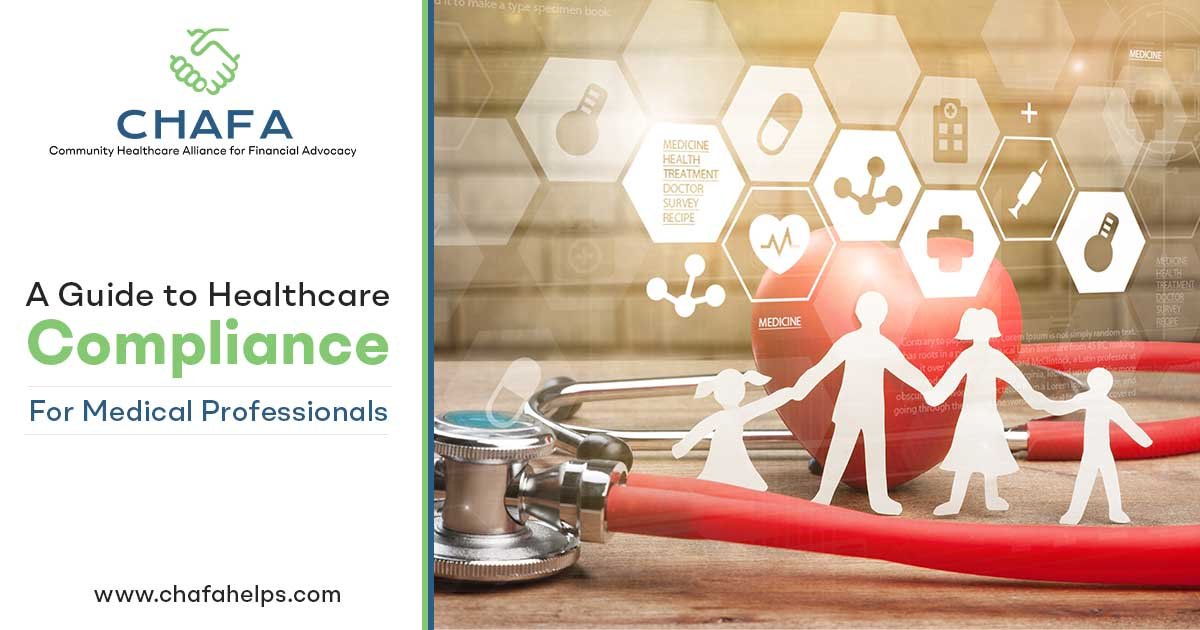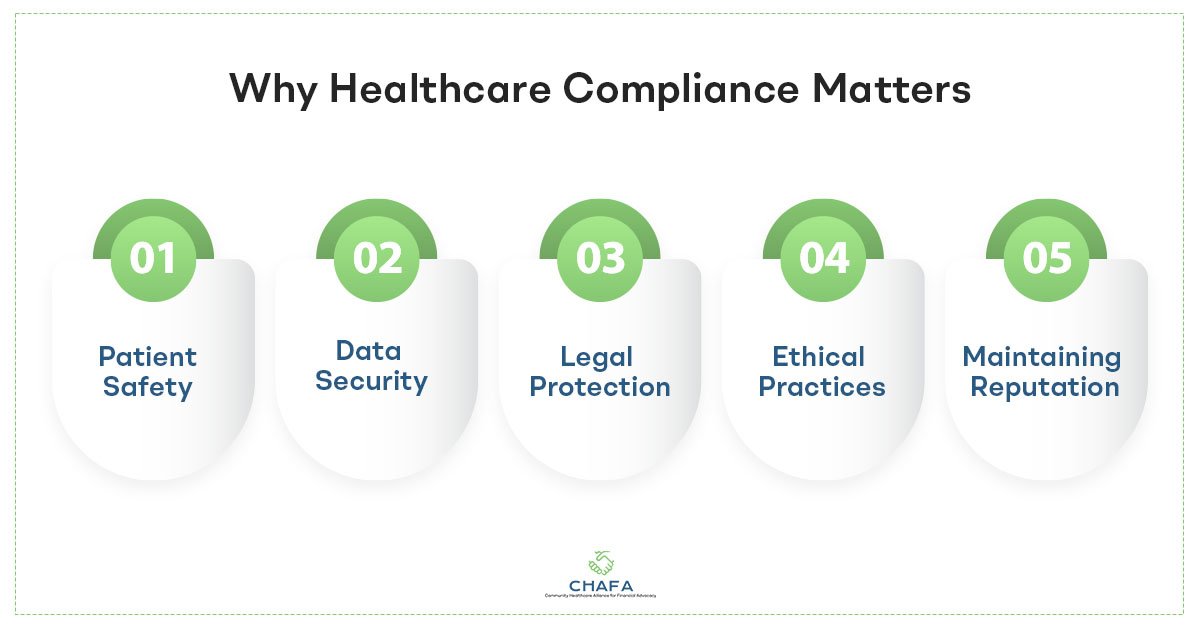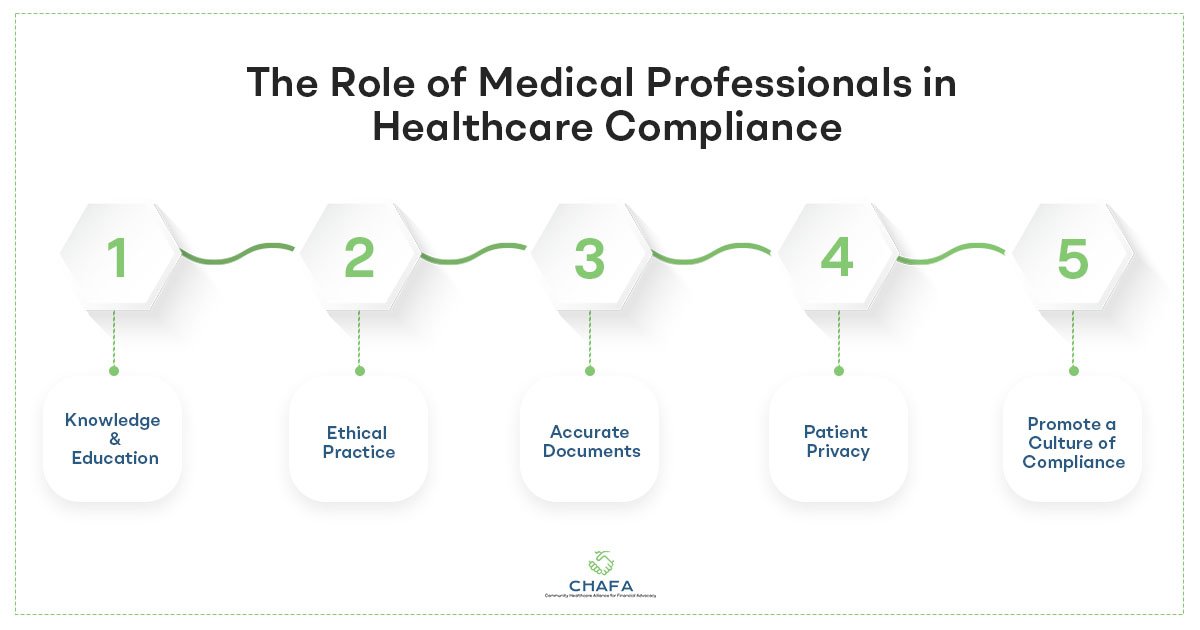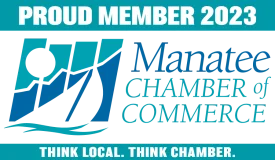
Compliance with rules and standards is essential to ensure patient safety, data security, and ethical practices in the complex world of healthcare.
It should not be surprising that healthcare is heavily regulated and that the penalty for noncompliance are severe given that it is a multi-trillion dollar sector centered on patient care and safety. There are rules for almost everything, including safeguarding private health information, abiding by safety standards while administering medications or performing operations, precisely and completely documenting care, medical coding and billing, and a whole lot more.
What is Healthcare Compliance?
Healthcare compliance is the formal term for proactive actions designed to avoid fraud, waste, and abuse in a healthcare organization. A compliance program is an ongoing, active process that ensures legal, ethical, and professional standards are met and communicated throughout the healthcare organization. It is essentially the action of adhering to the rules and policies established by regulatory organizations in order to preserve the integrity of the healthcare system.
Compliance fosters a culture in which healthcare organization participants try to prevent and resolve actions that could lead to fraud. An organized plan with actions commonly, referred to as compliance elements, is the cornerstone of compliance culture.
Many compliance documents weave the phrases ethics, culture, and code of behavior together. Understanding and adhering to healthcare compliance is crucial for medical personnel not just to deliver high-quality care but also to prevent negative financial and legal implications.
Core Elements of Healthcare Compliance
- Written rules and conduct standards that articulate the organization’s commitment to complying with federal and state regulations
- Establishing a compliance officer and committee that reports to the top management
- Effective training and education between the compliance officer and the organization
- Internal oversight and auditing, including risk assessment.
- Employees and contractors must have open lines of communication in order to ask questions, seek clarification, and report any noncompliance without fear of retaliation.
Why Healthcare Compliance Matters
An effective healthcare system is built on healthcare compliance. It is intended to protect patients, safeguard private information, uphold ethical standards, and guarantee that medical professionals give the highest caliber of care.

- Patient Safety:
The risk of medical errors and patient harm is reduced when medical personnel comply with evidence-based recommendations and practices.
- Data Security and Privacy:
In the age of cutting-edge technology, healthcare data is now extremely susceptible to hacks. Building confidence between patients and healthcare professionals is made possible through compliance, which helps safeguard patient data and ensure confidentiality.
- Legal and Financial Protection:
Serious repercussions for non-compliance can include steep fines, license loss, and legal action. Compliant procedures reduce these dangers, preserving the standing and financial security of medical specialists.
- Ethical Practices:
Guidelines for compliance frequently place an emphasis on upholding moral principles, encouraging openness, and making ethical decisions in patient care.
- Maintaining Accreditation and Reputation:
To remain accredited, many healthcare organizations demand adherence to predetermined standards. Additionally, patients’ concerns about healthcare providers’ reputations are growing, making compliance a crucial element in patients’ decision-making.
Several federal and state agencies have issued numerous regulations governing the healthcare sector in the United States. The ability to comprehend and follow these rules is essential for healthcare practitioners.
Some of the key certified healthcare compliance regulations include:
1. Health Insurance Portability and Accountability Act (HIPAA)
In order to safeguard patient privacy and the security of medical data, HIPAA was enacted in 1996. It defines national standards for protected health information (PHI) security, privacy, and electronic health transactions.
To achieve HIPAA compliance, healthcare providers must install protections, carry out risk analyses, and train staff. It is mandatory to have a HIPAA-compliant healthcare website.
2. Medicare and Medicaid Regulations
In order to take part in these federal programs, medical practitioners who treat Medicare and Medicaid beneficiaries must adhere to certain rules. To prevent accusations of fraud and abuse, billing, coding, and documentation procedures must follow the Centres for Medicare & Medicaid Services (CMS) requirements.
3. The Joint Commission Standards
Healthcare organizations in the US are accredited and certified by The Joint Commission, a nonprofit organization. To show a dedication to high-quality patient care and safety, healthcare facilities must abide by their medical standards.
4. Stark Law and Anti-Kickback Statute
Physicians are not allowed to refer patients to businesses with which they have a financial relationship under Stark Law, and the Anti-Kickback Statute forbids paying referral fees. It is crucial to follow these laws in order to prevent charges of fraud and abuse.
5. Food and Drug Administration (FDA) Regulations
Compliance with FDA standards is essential for healthcare professionals working in the pharmaceutical and medical devices industry. The FDA regulates the efficacy and safety of pharmaceuticals and medical equipment, and non-compliance can have serious repercussions.
Best Practices for Healthcare Compliance
Maintaining certified healthcare compliance requires a systematic and proactive approach. Implementing best practices ensures that medical professionals consistently adhere to regulations and uphold patient safety.
Here are some best practices for healthcare compliance:
- Establish a compliance culture inside the healthcare organization by highlighting the significance of abiding by rules and ethical standards.
- Choose a capable person to serve as the compliance officer in charge of all actions relating to compliance. The compliance officer should have the power to carry out audits, adopt policies, and deal with non-compliance problems.
- Create clear and detailed policies and procedures that cover all aspects of healthcare compliance, including patient privacy, data security, billing practices, and ethical standards.
- Internal audits and risk assessments performed on a regular basis help in locating potential compliance holes and areas for development. The risk of non-compliance is reduced and compliance measures can be continuously improved by taking proactive actions to address difficulties.
- The laws governing healthcare change throughout time. Keep yourself up to date on new legislation and changes to existing regulations that may affect your practice.
- Train all employees, including medical staff, administrative personnel, and support staff, on healthcare compliance.
- Complete and accurate documentation is crucial for compliance. Ensure that medical records, billing documentation, and other relevant documents are properly maintained and easily accessible.
The Role of Medical Professionals in Healthcare Compliance

1. Knowledge and Education
Medical personnel should keep up with the most recent standards and guidelines for patient care. By being informed, they can provide patients with care while making informed judgements.
2. Ethical Practice
Medical personnel must put patients’ welfare and moral behavior first. They should refrain from any actions that would jeopardize patient safety or transgress compliance rules.
3. Accurate Documentation
Comprehensiveness, accuracy, and compliance with applicable requirements should all be standards for health records and documentation. In addition to ensuring continuity of care, proper documentation is beneficial in legal and insurance situations.
4. Patient Privacy and Confidentiality
It is crucial to respect patient privacy and uphold confidentiality. Medical personnel’s are required to handle patient information with the utmost care and in accordance with HIPAA regulations.
5. Promote a Culture of Compliance
By setting a good example, encouraging colleagues to follow rules, and reporting any possible compliance issues, medical professionals can actively contribute to a culture of compliance.
Is Compliance Mandated?
Section 6401 of the Patient Protection and Affordable Care Act (ACA) mandated providers to implement a compliance plan.
As a requirement of membership in Medicare, Medicaid, or the Children’s Health Insurance Program (CHIP), providers and suppliers must implement a compliance program. The compliance program must include key features established by the Secretary of the United States Department of Health and Human Services (HHS) in collaboration with the HHS Inspector General.
Chafa is a team of healthcare professionals who audit and review all healthcare compliance’s. By ensuring patient safety, data security, and ethical conduct, Chafa offers a number of services. Healthcare compliance is not an optional aspect of medical practice; it is a fundamental requirement.

